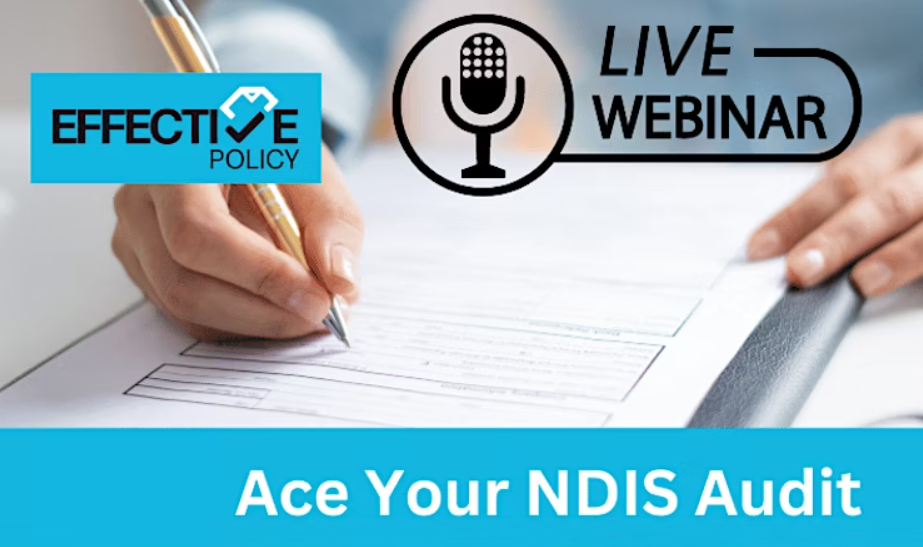
The NDIS in Australia supports individuals with disabilities, offering funding to access services and achieve their goals. One crucial decision participants face is how to manage their NDIS funding. There are three main options: self-managed, plan-managed, and NDIA-managed. Each comes with its own set of benefits and considerations. In this article, we’ll explore the differences between these management options to help you make an informed choice.
Understanding Self-Managed NDIS Funding
Self-management provides the highest control and flexibility over their NDIS funds. As a self-managed participant, you manage your NDIS budget, including paying service providers, keeping records, and adhering to NDIS guidelines and policies.
Key Benefits:
- Flexibility: Self-managed participants can choose any registered or unregistered provider, allowing for greater flexibility in accessing services that best suit their needs.
- Direct Control: Participants have direct control over their budget, enabling them to allocate funds according to their priorities and preferences.
- Choice of Providers: With self-management, participants can access a broader range of service providers, including those unregistered with the NDIS.
Considerations:
- Administrative Burden: Self-management requires participants to handle administrative tasks such as budgeting, invoicing, and record-keeping, which can be time-consuming and challenging for some individuals.
- Financial Responsibility: Participants must use their funds appropriately and adhere to NDIS guidelines to avoid financial mismanagement or penalties.
- Accountability: Self-managed participants must ensure services are delivered as outlined in their NDIS plan and meeting reporting requirements.
Exploring Plan-Managed NDIS Funding:
Plan management involves appointing a third-party plan manager to oversee the financial aspects of your NDIS plan. The plan manager handles tasks such as paying invoices, managing budgets, and keeping records on behalf of the participant.
Key Benefits:
- Financial Support: Plan management assists participants with managing their NDIS budget, reducing the administrative burden while maintaining control over service choices.
- Access to Unregistered Providers: Like self-management, plan-managed participants can access both registered and unregistered providers, providing greater choice and flexibility.
- Assistance with Administration: Plan managers handle most administrative tasks, allowing participants to focus on their goals and support needs.
Considerations:
- Finding a Plan Manager: Participants must select a plan manager who aligns with their needs and preferences, ensuring effective communication and support throughout the planning process.
- Plan Management Fees: While the NDIS covers plan management fees, participants should be aware of any additional costs associated with their chosen plan manager.
- Reporting and Accountability: Participants remain accountable for ensuring services are delivered per their NDIS plan, while the plan manager handles financial aspects and reporting requirements.
Understanding NDIA-Managed NDIS Funding
NDIA-managed funding is the default option for participants who do not choose self-management or plan management. In this model, the NDIA directly manages the participant’s funds and pays service providers.
Key Benefits:
- Minimal Administrative Burden: NDIA-managed participants have the least administrative responsibility, as the NDIA handles budgeting, payments, and record-keeping.
- Regulatory Compliance: Participants can rely on the NDIA to ensure service providers meet NDIS standards and comply with funding guidelines.
- Simplified Process: NDIA management provides a straightforward approach to managing NDIS funds, making it suitable for participants who prefer a hands-off approach.
Considerations:
- Limited Provider Choice: NDIA-managed participants can only access registered NDIS providers, potentially limiting their options compared to self-managed or plan-managed participants.
- Less Control: Participants have less control over their funding decisions, as the NDIA makes payments directly to service providers based on the participant’s NDIS plan.
- Communication with NDIA: Participants may need to communicate with the NDIA regarding their plan, goals, and any changes or concerns, requiring effective communication and advocacy skills.
In conclusion, choosing the right management option for your NDIS funding is an important decision that depends on your individual preferences, support needs, and level of comfort with administrative tasks. Whether you opt for self-management, plan management, or NDIA management, each model offers distinct benefits and considerations to consider. By understanding the differences between these options, you can make an informed choice that aligns with your goals and empowers you to maximize the benefits of the NDIS.

